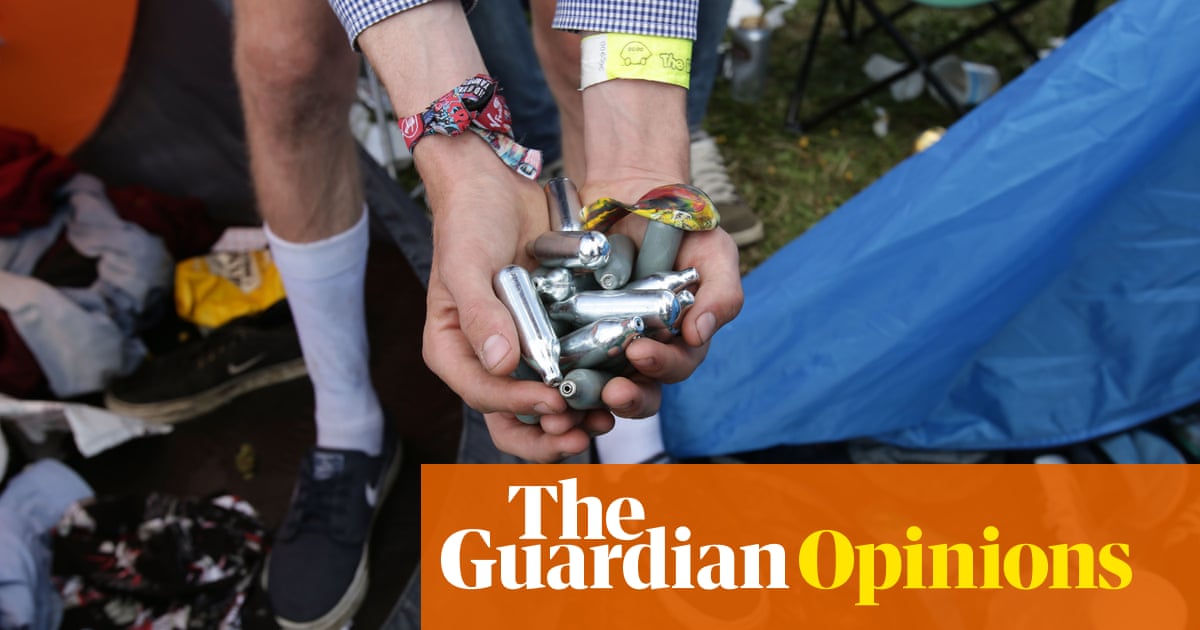
For all the talk of a smaller scale operation and a reduced number of delegates, there is a surprisingly jolly buzz around the Conservative party conference. Perhaps it’s the novelty Margaret Thatcher mugs, or maybe it’s just the chance to be around others that is making people giddy, but it’s an atmosphere that any governing party should regard as a success.
Yesterday, the chancellor, Rishi Sunak, took his audience on an unrelentingly optimistic ride – a look back at everything from furlough to the kickstarter scheme and an extra £500m for his “plan for jobs” – and no mention was made of the current concerns over shortages or price rises being faced by the public.
Instead, Sunak promised a post-Brexit future of higher wages founded on training for skilled jobs using the power of science and technology. He spent much of his time reassuring the audience that he was a pragmatist, not an ideologue – and, adopting a classically conservative position, made clear that the government couldn’t “wave a magic wand” to fix every problem.
Yet, in doing this, Sunak’s speech exposed an uneasy coalition within the Conservative party forged in the last general election. The new political map of Britain has brought two opposing forces ever closer together: the traditional Tories and Labour’s former “red wall”. His tough talk on unfunded spending and borrowing was music to the ears of the traditional Tory faithful (who are still reeling from the recently announced increase in national insurance). It would have played less well to delegates from the north, who are expecting greater investment as part of the government’s “levelling up” promise.
Sunak’s prudence somewhat jars with the naturally optimistic and interventionist prime minister too, who wants to build things and do stuff – then point at these achievements come election time to secure his voters in this precarious electoral coalition.
So, how can the government rationalise its position as low-tax, small state and pro-business while simultaneously raising national insurance levels? Sunak’s core belief is that Britain can’t continue to spend in the way it has over the last 18 months, but it was right to do so in a pandemic situation. Yet how does that fare against the cost of living crisis and the supply shortages we are facing? The pandemic perhaps crystallised this faultline – and this intellectual confusion has the potential to create chaos in future election campaigns.
And beyond this, the party faces other difficulties. The loss of Chesham and Amersham – a previously safe seat for the Conservatives – to the Lib Dems was the result of local planning issues coupled with growing resentment among southern voters who feel they are being ignored as the party faces north.
This could have a parliamentary impact, too. Those northerners in the 2019 intake – full of hope for a new kind of Conservative party – could become disillusioned with the lack of progress and possibly even start kicking back against some of the government’s more controversial policies. Disgruntled backbenchers may yet try to force a U-turn on the £20 cut to universal credit, now that the Tories have so many constituents who receive this benefit.
The chancellor is taking a risk. If the Bank of England has got its inflation predictions wrong, or growth stalls any further, the pain that many people have already felt will be very much deeper. Wages may go up in the short term – but so will prices, making the cost of living a problem that affects everyone, regardless of where in Britain they live.
We are starting to see the end of the pandemic but the beginning of a new frontier, where the government’s decisions will be more clearly political rather than responding to the unprecedented challenges of the pandemic. Perhaps the chancellor has one eye on promotion to the top job and is keen to flaunt his true-blue credentials; but the demands on him will become louder depending on the state of an already precarious economy. Can this new Tory coalition hold? Or will we see a collapse in support? Sunak knows the outcome will determine his own political future.
Salma Shah is a former special adviser to Sajid Javid












